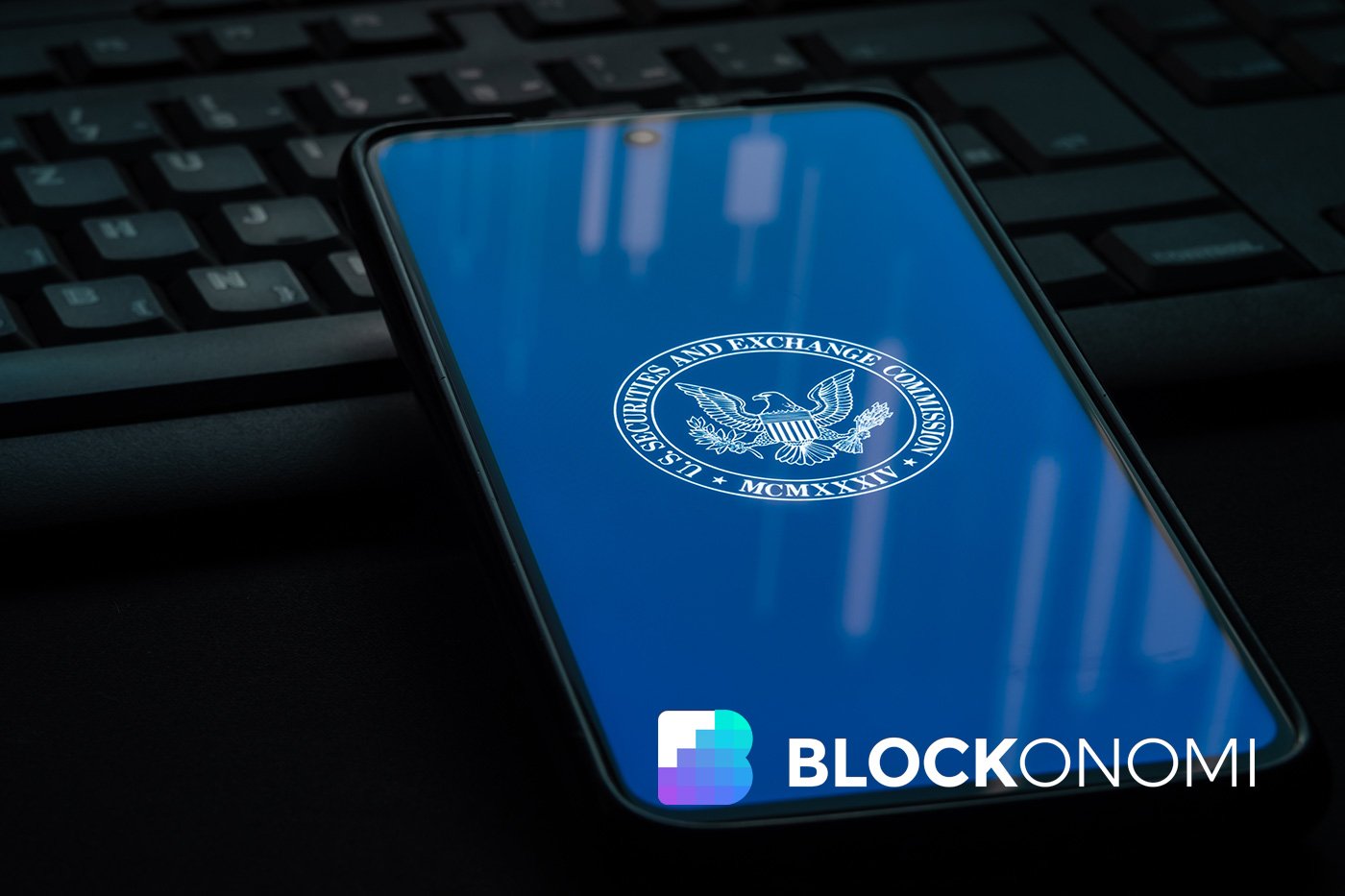
The U.S. Securities and Exchange Commission (SEC) is facing significant scrutiny after Coinbase’s Chief Legal Officer, Paul Grewal, launched a legal challenge against the agency over missing communications related to crypto regulations. These destroyed messages, which reportedly include texts from former SEC Chair Gary Gensler, have sparked concerns over transparency and accountability.
SEC Accused of Erasing Vital Records
The controversy erupted when a report from the SEC’s Office of Inspector General (OIG), published on September 3, 2025, revealed that nearly a year’s worth of crucial text messages from Gary Gensler and several other senior SEC officials were permanently wiped. This period—from October 2022 to September 2023—was pivotal, encompassing the fallout from the FTX collapse and key SEC enforcement actions against crypto firms.
Paul Grewal, representing Coinbase, argues that destroying these records undermines public trust. The Freedom of Information Act (FOIA), which mandates record transparency for government agencies, appears to have been violated in this case. Despite legal obligations, the SEC’s Capstone data retention program failed to preserve these critical documents. Now, Coinbase is demanding expedited discovery in court and seeking sanctions against the agency.
What Happened to the Gensler Messages?
The SEC OIG’s report highlights that Gensler’s texts were deleted after his phone was disconnected from the SEC network, triggering a remote wipe under a new policy. Unfortunately, this policy coincided with a pivotal time in crypto regulation, further fueling speculation about the motives behind the deletions. Compounding the issue, texts from over 20 additional senior SEC officials may also be permanently lost, raising even more questions about internal record-keeping practices.
Implications for Crypto Regulation
The deletion of these records raises concerns beyond just data retention policies. For the crypto community, these lost communications signal a lack of transparency and accountability at a time when regulatory clarity is critically needed. Grewal’s lawsuit highlights the contrast between the SEC’s stringent enforcement of record-keeping rules for private companies and its own internal failings.
Furthermore, the blocked FOIA requests by Coinbase in July and August 2023, which aimed to obtain communications about crypto regulations and Ethereum’s proof-of-stake transition, reveal an unwillingness to make these details public. This legal battle underscores a growing tension between U.S. regulators and crypto firms over fair and transparent oversight.
How This Impacts Investors and the Crypto Community
The lack of transparency from the SEC has widespread implications for crypto investors and businesses. As the regulatory landscape evolves, the absence of critical information hinders the ability to navigate new compliance requirements effectively. For individuals looking to protect their crypto investments, remaining informed about such regulatory controversies is essential.
To secure your digital assets against volatility and potential regulatory disruptions, consider exploring tools like Ledger Nano X, a trusted hardware wallet that ensures the safety of your cryptocurrency holdings.
Looking Ahead
As the case progresses, the crypto industry is closely following the developments of Coinbase’s lawsuit. Beyond its immediate impacts, this legal battle could serve as a defining moment for how the U.S. government approaches crypto oversight and record transparency in the future. Investors, companies, and regulators alike must navigate this unfolding narrative with caution and critical attention.
The situation underscores not just the importance of accountability in governance but also the significance of building trust between the crypto industry and its regulators. Whether this lawsuit leads to meaningful reforms at the SEC remains to be seen, but it remains a critical moment in the evolution of crypto regulation.






